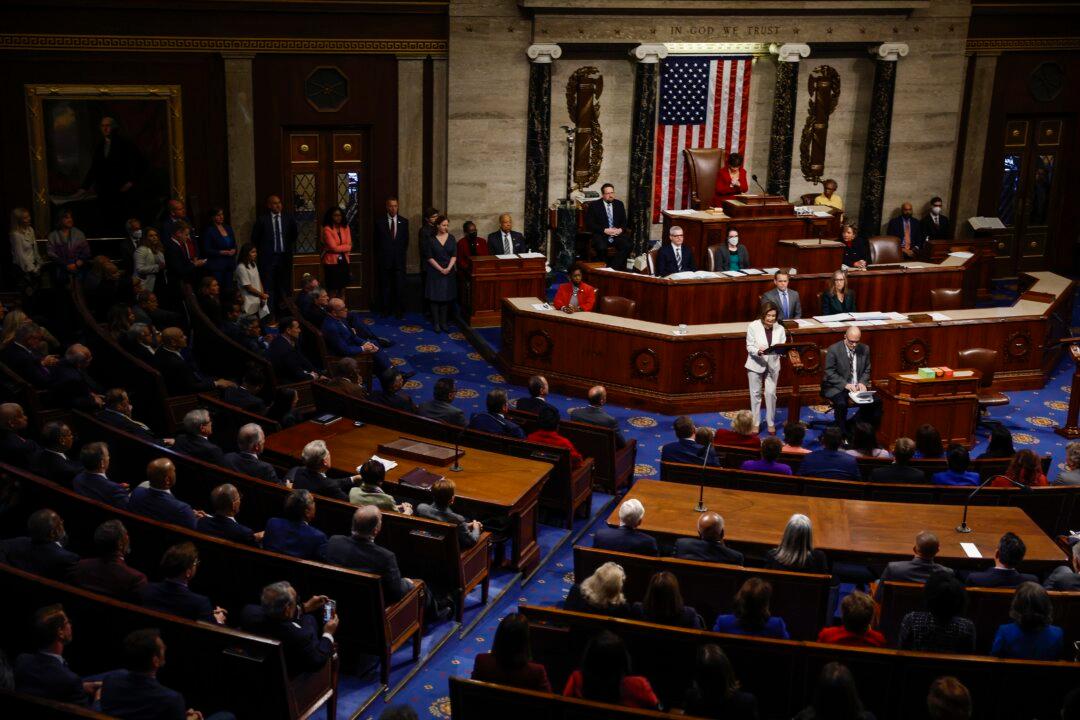The House of Representatives voted on June 15 to approve a bill that could significantly shift federal regulatory authority away from the executive branch to Congress.
Lawmakers voted for the Separation of Powers Restoration Act, known as SOPRA, in a 220–211 vote. Most Republicans voted in favor of the measure, while most Democrats voted against it.





